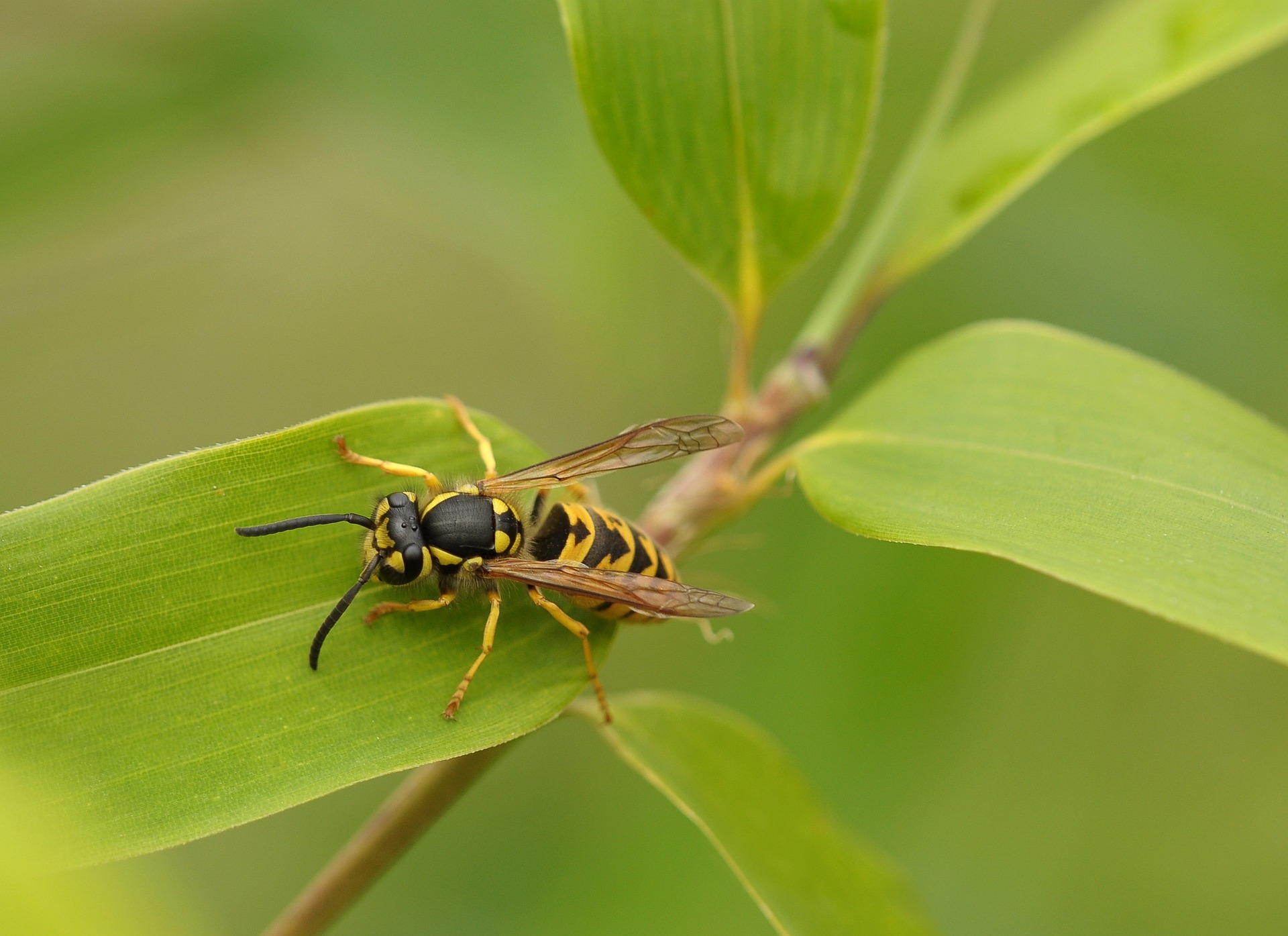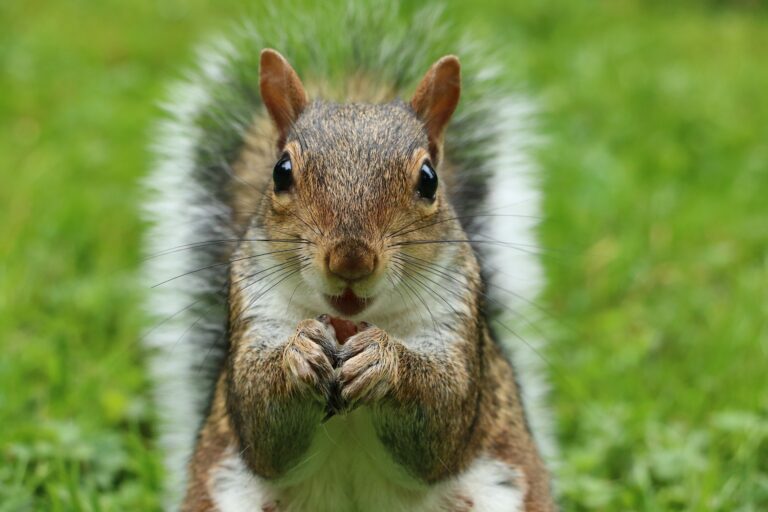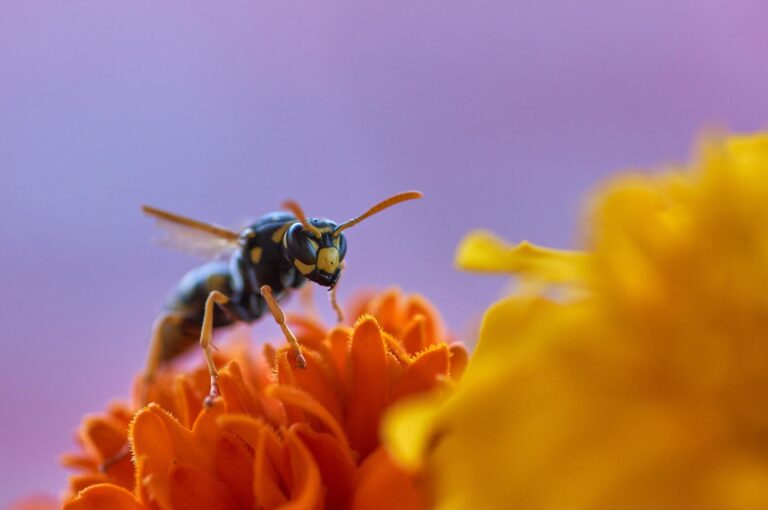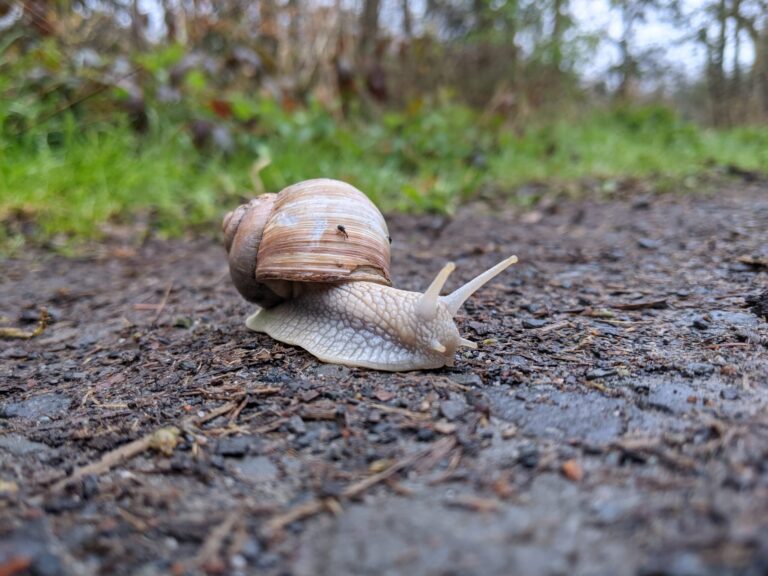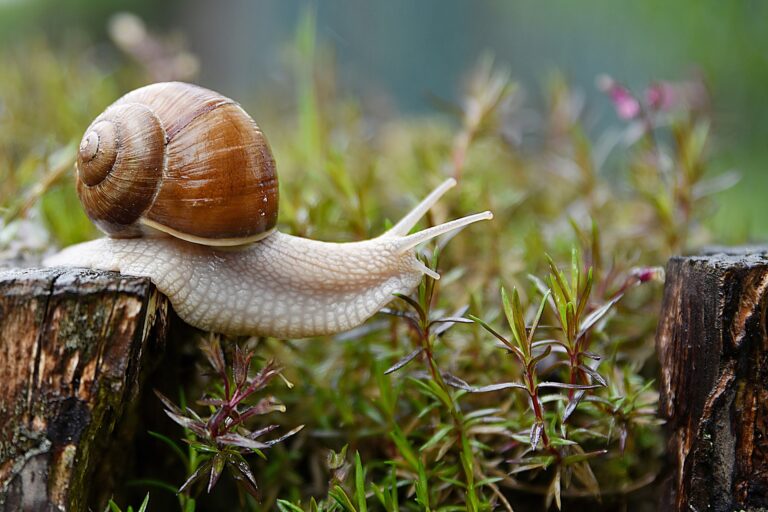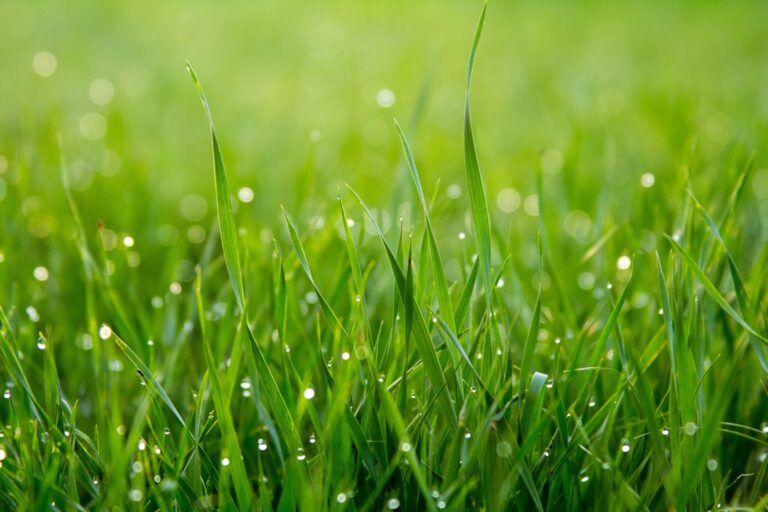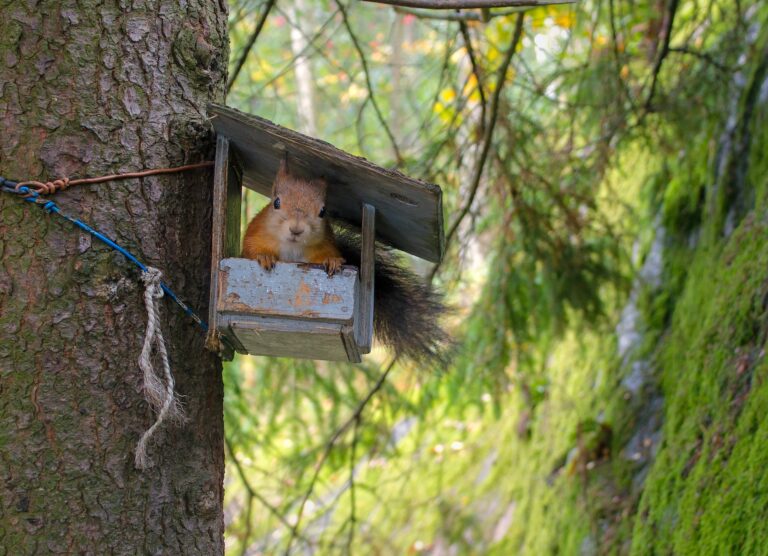Do Wasps Die in Winter? Wasps (order Hymenoptera) are eusocial insects that build paper nests and feed their larvae with prey items such as caterpillars and spiders.
Wasp season has finally come to an end, and you might be wondering if those pests have died off for the winter or if they’ll be back next summer.
If you live in an area where wasps are prevalent year-round, it might seem like they never disappear, so it can be hard to tell whether you’re ever safe from them at all.
Luckily, there are some signs that can clue you in on whether they’ve gone or not. Read on to find out what those signs are!
Do Wasps Die in Winter?
Yes, wasps do die in winter. All wasp larvae die at the end of the summer and all adults, except for the queen, can die during the winter depending on what time of year it is.
The queen only dies if she has not found a place to hibernate before winter starts. If you have an infestation of wasp nest then you will likely have to wait until they are gone before you can start working on your house again.
If you don’t want to wait, then call a pest control company that deals with wasps specifically.
What Temperature Do Wasps Die Off?
Wasps can survive temperatures as low as 15°C/60°F. At this temperature, the wasp’s metabolism will decrease significantly and the wasp will enter a state of torpor. Torpor is a hibernation-like state where the wasp slows down its metabolism to conserve energy for later.
However, this does not mean that wasps can survive freezing temperatures, just cold ones. If there are still insects outside (including other wasps) during the winter, they may gather around food sources such as garbage cans or animal carcasses.
These insects can often be seen flying in and out of these places due to their attraction to these sites. When there are no longer any bugs outside on colder days, it would be safe to assume that all living organisms have died off from the weather conditions!
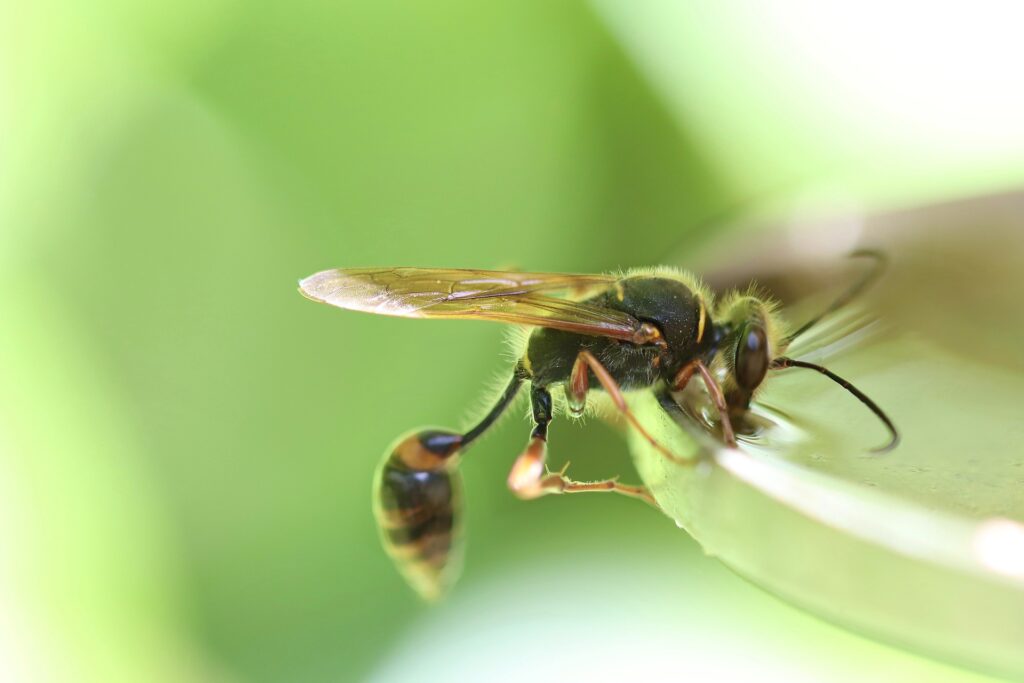
Do Wasps Survive Winter?
Wasp populations vary from place to place and season to season. In the winter months, most wasps die off. This is due to cold weather and a lack of food sources.
The few that survive are those that live in warmer climates or who find a way to preserve their energy through the winter months. Generally speaking, there are two types of wasps: solitary and social. Social wasps hibernate together during the winter months.
Solitary wasps have a more difficult time finding shelter for winter because they do not live in groups as social wasps do.
They often need to find trees that still have some leaves on them or other sheltered spots where they can take refuge from the cold outside world until spring arrives again and allows them to come out once more.
There have been various studies that indicate some wasps are able to hibernate and survive freezing temperatures, while others perish when exposed to cold weather.
Can You Still Find Wasps in The Winter?
Yes! You can still find wasps in the winter in temperate zones. Wasps are social creatures that live in colonies with their nestmates and queens, so they’re not likely to disappear during any season.
They hibernate during the cold months when food becomes scarce, but they will start buzzing around again once warm weather approaches.
Wasp nests typically get larger throughout the summer as females lay more eggs and new members join, so you may also notice more wasps come back from hibernation in the spring.
One of the major differences between spring and fall is whether or not there is a food source for wasps nearby; if there isn’t one then you’ll see them go into a dormant state.
In fact, some people use wasp paper traps on top of their windowsills to keep wasps away because it’s cheaper than getting pest control services year round.
It’s best just to avoid being stung by swatting at them with an object and staying away from fallen fruits that could be rotting near your home.
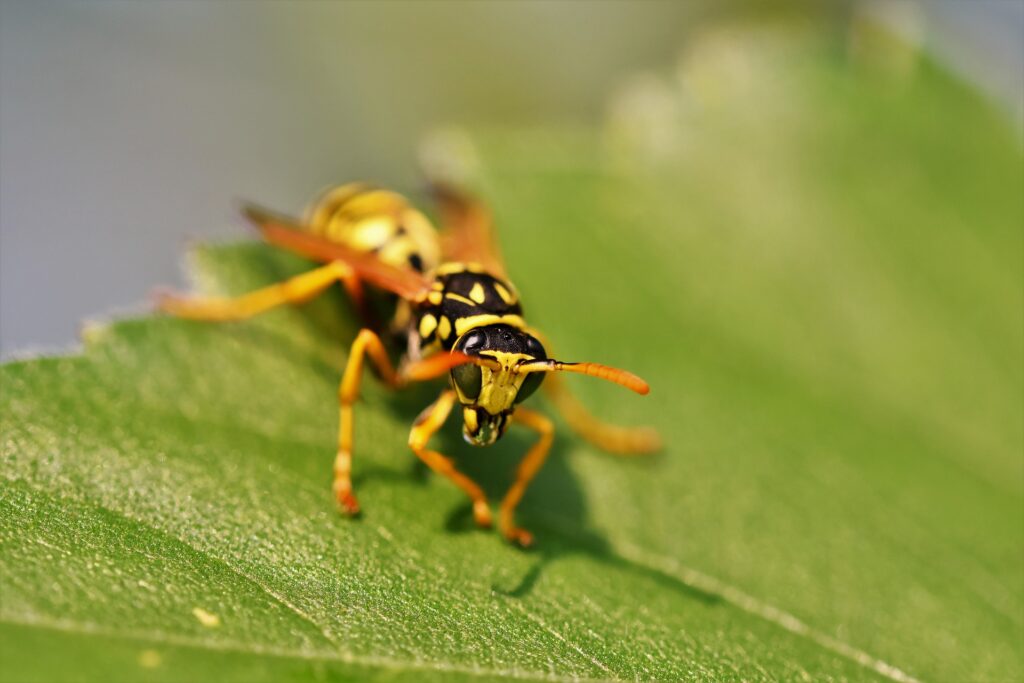
How Does Cold Weather Affect Wasps?
It’s unlikely that wasps will die off due to cold weather. When the temperature gets too cold, wasps will find a warm spot to wait for the winter. They may even try to get inside your home if it’s not properly sealed up.
Wasps are usually active from April through October, but some might stay out longer depending on where they live and how much food is available.
In colder climates, wasps can go into hibernation during the winter months until there is more food. In warmer climates, they’ll still be awake when temperatures drop below freezing because they need less energy to maintain body heat.
Also, Read – How to get rid of spider mites during flowering
What Should I Do If I Find Wasps in My Home During Winter?
It is possible for wasps to still be present in the winter if they have found a home inside your house. If you do find them, there are a few steps you can take to get rid of them.
First, seal up any holes or cracks that could be allowing the wasps in so they cannot get back in. Next, use a vacuum cleaner hose and suck up as many of the wasps as possible.
You can also use a wet towel or clothing to wrap around your hands before going near them and swatting at them with your hands in order to kill them without getting stung.
You should not spray insecticides around the wasps because this will only make them want to stay even more and it may harm other animals or people in the area.
Finally, you should try to locate where they are coming from so that you can make sure to plug up any openings where they may be coming through.
Summary!
Did you know that some wasps die out during the winter months? As a homeowner, this can be good news because it means fewer wasps around to sting you or your pets.
When the temperature drops below freezing and the ground freezes, most wasps die off. However, there are some species of wasp that survive by hibernating during these colder months.
These hibernating wasps will awaken when temperatures rise again and fly around looking for food.
As long as your home isn’t freezing to death at night (below 50 degrees Fahrenheit) then you should be safe from them during winter time.
Meet Tomas Clayton, a seasoned plant gardener who has been passionate about horticulture since he was a child. Tomas John developed a love for the natural world and a strong appreciation for the beauty of plants while growing up on a farm.

